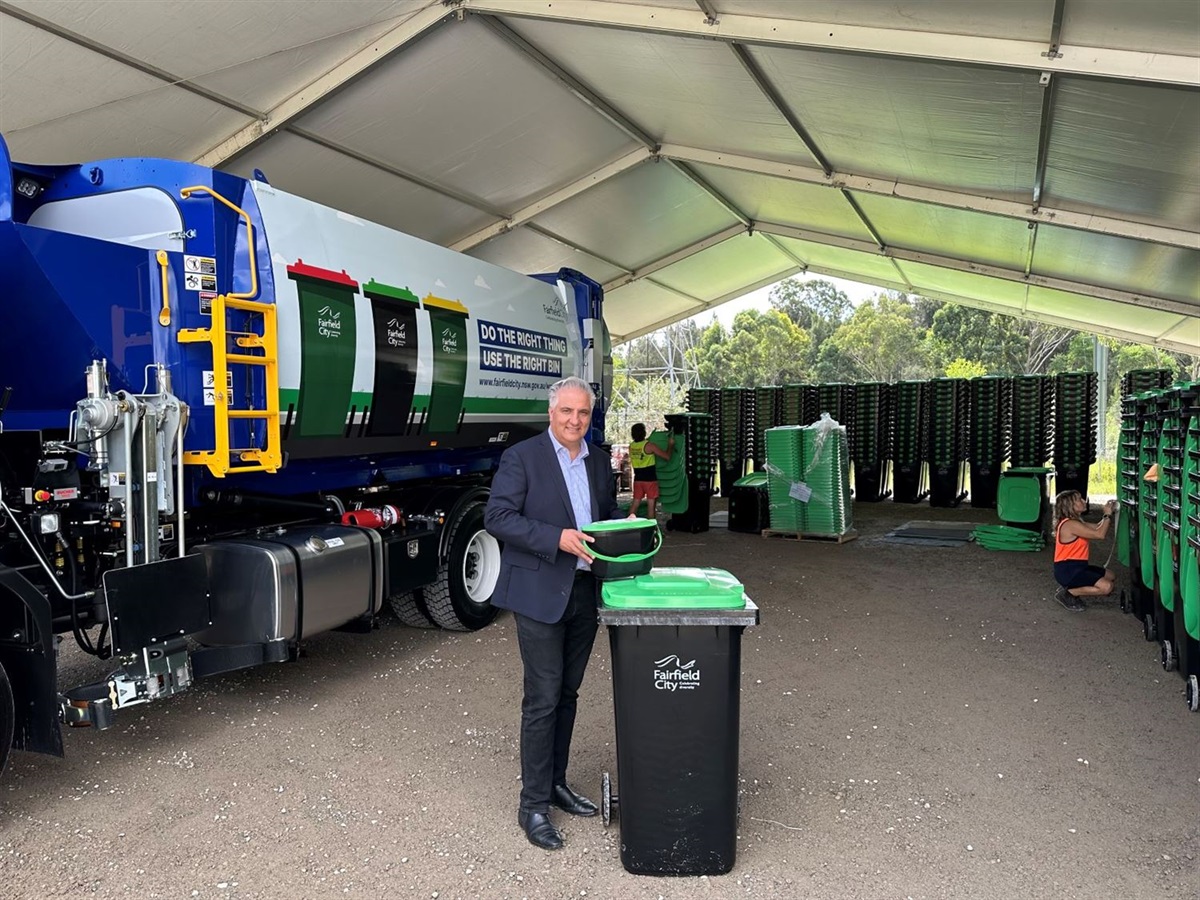No to Violence welcomes the approach of the New South Wales Attorney General and Minister for Prevention of Domestic Violence, Hon Mark Speakman, in launching a discussion paper and consulting on coercive control criminalisation.
“Coercive control and the wide variety of abusive behaviours it includes are not a new phenomenon, it has been around for millennia, and No to Violence encourages conversation about how we can better address the impacts of coercive control on victim survivors, and hastily drafted legislation must be avoided,” says Jacqui Watt, Chief Executive of No to Violence.
Having a discussion paper and well thought out consultation approach will be essential to ensuring well considered legislation and policy, which actually makes a difference to victims’ experience, is developed.
“Criminalisation of coercive control will not stop it from happening. It is one tool amongst many in responding and keeping victim survivors safe, acknowledging the injustice and legitimising a victim survivors experience. But in itself, it will not address the trauma and impacts of coercive control experienced by victim survivors every day,” says Ms Watt.
“Importantly, we need to be working through how to intervene early with users of this form of violence to stop them, we need to support workers and the community to identify and respond to coercive control, and we need to know how to address the issues in historically disenfranchised communities which could feasibly be negatively impacted by changes in legislation.”
Over the last few months, No to Violence has commenced conversations across Australia around coercive control. Although not against criminalisation, we have heard fears about the potential impacts of hastily drafted legislation – in particular around the potential disproportionate impact on First Nations’ Women and people on temporary visas. No to Violence will be holding sector roundtables and consultations across November 2020, to contribute to the discussion and elevate voices that are often not heard.
“We need to have a community-wide conversation which actively considers the potential negative consequences of criminalisation of coercive control and mitigates it; which talks about what coercive control is and raises awareness across the entire community,” says Ms Watt.
“Through our consultation, we will be partnering and supporting specialist First Nations’ controlled organisations, victim survivors, people on temporary visas, people with disability and people of diverse sex, sexuality and gender.”








